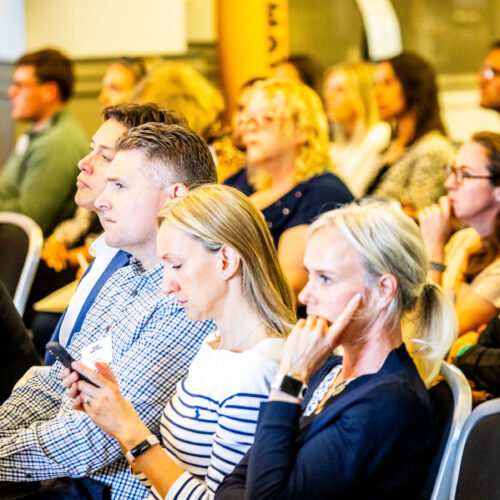The World Health Organization says there are four-times as many people with Type 2 Diabetes today than there were just 30 years ago.
Type 2 Diabetes is often called a “lifestyle disease”, with inactivity and an unhealthy diet greatly increasing the risk of developing it.
Food is a central part of the cause and appears to be a major part of the solution.
So what role has the food industry played in the huge rise in cases, and what role might it be able to play in bringing them down?
This episode also delves into the advice given to people to avoid developing Type 2 Diabetes and looks at the work being done to reverse the condition in those who have it.
For both of the above, we ask: Is general advice applicable to everyone, or do we need to adopt a more personalised approach?
Listen to the full episode to find out what happens deep within someone’s body when they go intro remission, how much is known about diabetes in people in all populations, and where anyone worried about Type 2 Diabetes can go for support and advice.
Roy Taylor, Professor of Medicine, Newcastle University
Roy Taylor qualified in medicine at the University of Edinburgh, and is Professor of Medicine at Newcastle University. He was formally Professor of Medicine at Newcastle Hospitals NHS Trust. He founded the Newcastle Magnetic Resonance Centre in 2006 to develop innovative research techniques ‘looking’ at structure and function actually inside the living body.
In 2011, he showed that Type 2 Diabetes was a simple, reversible condition of excess fat within liver and pancreas. Subsequent he has clarified what causes Type 2 Diabetes and how it works. This has led to practical application in the NHS with the NHS remission programme now well underway.
Between 1986 and 2000, Professor Taylor developed the system now used throughout the United Kingdom for screening for diabetic eye disease, with major reduction in blindness due to diabetes across the UK.
He has published books in lay language explaining Type 2 Diabetes, including “Life Without Diabetes“, as well as training books on retinal screening. He has been invited to deliver named lectures including the 2012 Banting Lecture 2015, Harry Keen Lecture (Diabetes UK), the 2016 Samuel Gee Lecture (Royal College of Physicians of London) and Sir Robert W Philip Lecture of The Royal College of Physicians of Edinburgh 2021).







